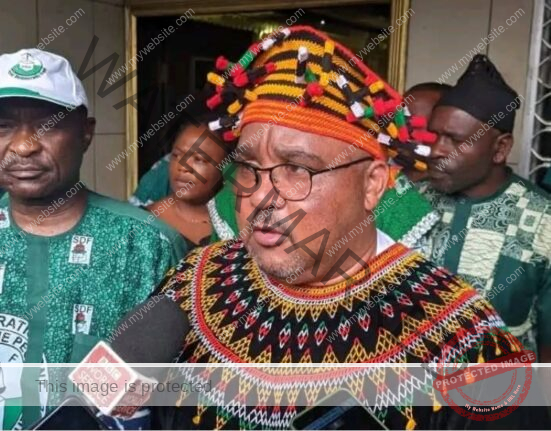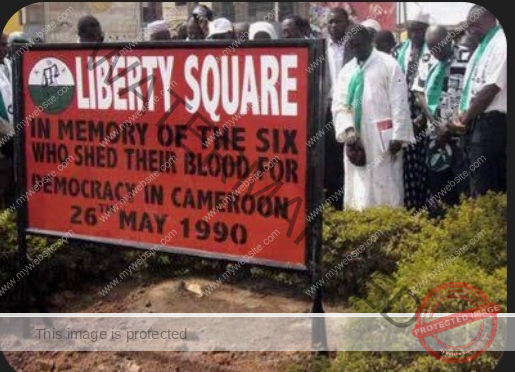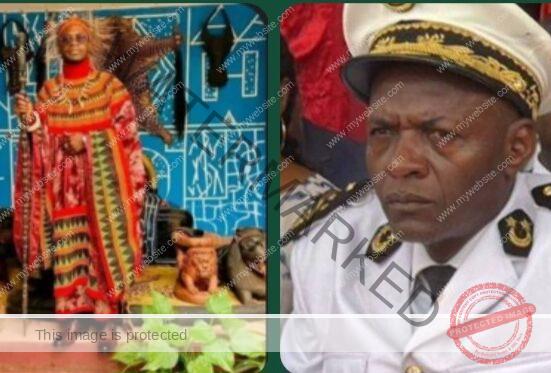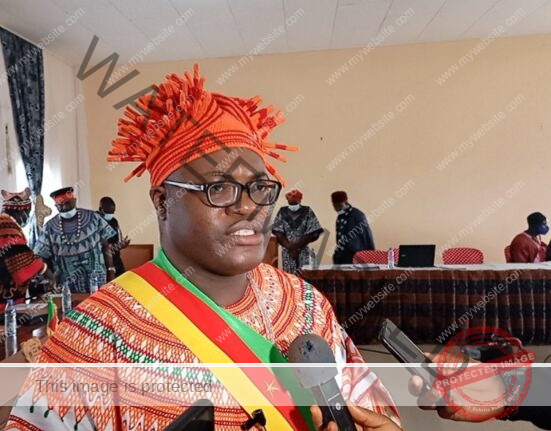Letter to the Editor
Subject: “Independence by Joining” Was Never Implemented for Southern Cameroons
Sir,
The phrase “to achieve independence by joining” in United Nations General Assembly Resolution 1608 (XV) of 21 April 1961 is more than a matter of semantics — it is the heart of the unresolved question of Southern Cameroons’ political status.
In law, “independence by joining” was meant to be a two-step legal concept: independence first, union second. Under the UN’s own decolonization principles, the process should have unfolded like this:
Expected process (per Resolution 1608)
1. Trusteeship ends — Southern Cameroons becomes an independent state.
2. International recognition as a sovereign state.
3. Treaty of Union signed with the Republic of Cameroun, defining the terms of the partnership.
4. Implementation with constitutional safeguards to protect autonomy.
Actual process (1961 events)
1. Trusteeship ended on 1 October 1961.
2. No recognition of Southern Cameroons as an independent state — not even for a day.
3. No treaty of union signed — only discussions at Foumban without binding force.
4. Cameroun’s constitution applied directly, eroding autonomy.
Because Steps 2 and 3 were never completed, Southern Cameroons never legally ceased to exist as a separate political entity. Under international law, its current status is that of an unfulfilled trust territory whose independence was promised but never implemented, meaning its incorporation into Cameroun lacks the formal legal basis that a treaty of union would have provided.
This was not the process envisioned by Resolution 1608. The United Nations endorsed a path that was never honored in practice. That legal shortfall — independence promised but never realized — lies at the root of today’s ongoing conflict and the calls for a peaceful, just resolution.
Respectfully,
Johnson Fonwi
Ambazonian in the diaspora
⸻




















Leave feedback about this